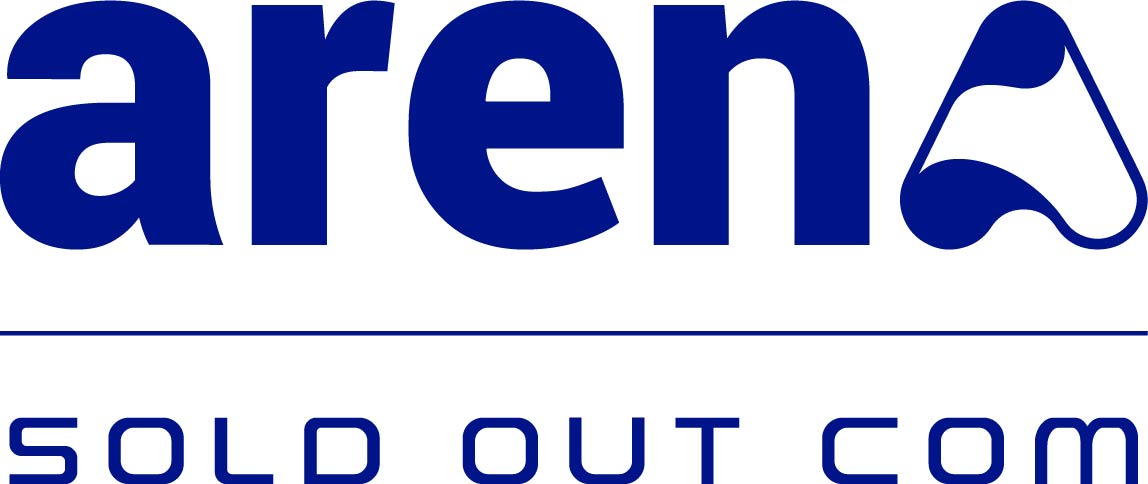I often hear the term ‘I have my own ticket platform.’ Upon investigation, however, what I often find is not a platform but rather a service referred to as a ticket system, box office, ticket booth, or a website with a single function of ticket sales in different countries. Let’s delve into the definitions.
A professional platform enables various user groups to simultaneously operate on it and build their businesses. Many platforms function as White Labels.
For example:
– Shopify is one of the leading e-commerce platforms on the market.
– Kickstarter is among the most popular crowdfunding platforms for startups.
– Stripe is an international platform for secure internet payments via credit cards.
– WordPress is a content management platform for websites.
Professional platforms in several markets often feature software organized in a manner that not only facilitates building businesses but also sub-platforms.
A professional platform is often designed to enable users to interact with each other, aiming to increase the efficiency of each business.
Multilateral Network: The platform model fosters interaction among different participants in the ticket market (such as organizers, payment systems (acquirers), sales agents, and external ticketing systems) through a centralized platform. In contrast, the traditional model typically entails only direct relationships between ticket sellers and buyers.
Typically, clients include both users developing their businesses using the platform’s features and those interested in having their platform.
For instance, in the ticketing market, platform users may include:
- Event organizers and venues, such as tour and concert organizers, festivals, artists, theaters, clubs, circuses, museums, amusement parks, zoos, exhibitions, cinemas and so on.
- Tourist and transportation companies, tourist and transportation markets.
- Ticket operators, box offices, ticketing websites operating under their brand, which, using a fully functioning specialized backend, can focus on promoting their brand and marketing.
- Conference organizers, training programs with tickets, and other ticket-related businesses.
- Those who want to create their platform (sub-platform) with their acquiring and connect their users according to their business plans.
On the other hand, a ticket system, often referred to as a box office, is not a platform but a company’s business that allows it to operate in the ticket market. And “under the hood,” it can have different backends, for example, a professional platform with multiple functions described above, or custom software. I have also seen systems that consist only of what developers of WordPress, Wix, or other website building systems offer in their plugins.
Can a ticket system work like this? Yes, it can. But it is fair to say that a professional product focused on the market always works more accurately and reliably, includes many functions needed by market participants, has the power necessary and sufficient for the operation of a large number of the most diverse users and each specific business specializing in its tasks, is constantly evolving, and regularly releases updates – something that is realistically challenging for non-professional teams due to the complexity, systematic nature, and cost of the work.
A ticket platform differs from a regular website or module that allows ticket sales in that it represents a professional tool capable of simultaneously serving various user groups and building their businesses. For example, Shopify for e-commerce or Kickstarter for crowdfunding are types of platforms that offer numerous features and opportunities for business development.
Unlike a simple website or module, a ticket platform offers not only ticket sales functionality but also tools for interaction between users to enhance the efficiency of each business. Event organizers, tourist companies, ticket operators, and other market participants can use ticket platforms to manage their events, ticket sales, and audience engagement.
Thus, a ticket platform is a more robust and comprehensive tool that helps event organizers efficiently manage ticket sales and grow their businesses, whereas a regular website or module may be limited to basic functions and not provide the same level of flexibility and growth opportunities.
Marina Bakanova, Co-Founder of ArenaSoldOut.com
For more information about ticket platforms, click here “Make own ticketing platform for 1000 USD. Myth or reality?”



